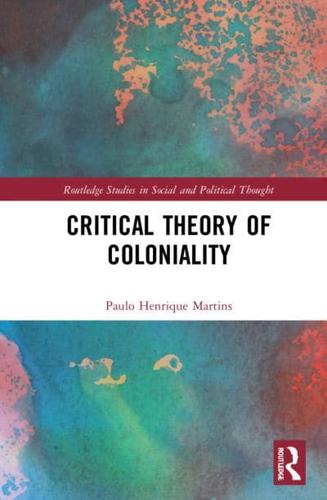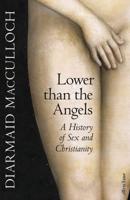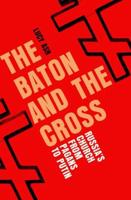Publisher's Synopsis
This book reveals how the critique of the domination of capitalism inaugurated by the Frankfurt School becomes pluriversal, motivating the historical Critical Theory of Coloniality (CTC) dialogue between the Global South and the Global North.
CTC expresses the emergence and historical actuality of a set of intellectual fields aimed at denouncing domination and promoting emancipatory ideas at the borders of colonial capitalism. The book argues that the actuality of the CTC relies on the importance of valuing theoretical and methodological pluralism in the context of the necessary redefinition of the directions of global society. It reveals a plural reflection of scientific, moral, and aesthetic character in different areas of former planetary colonisation such as Asia, Africa, and America but also on the borders of Europe.
This book is aimed at researchers and students in the social sciences as well as in interdisciplinary studies. It is attractive to those who are interested in the plural development of theoretical criticism outside the European universe and who seek to understand how capitalist power has metamorphosed with planetary coloniality. Considering this book implies important reflections on topics such as development, modernity, tradition, imperialism, dependency, and democracy, it is interesting to specialists in development issues, international relations, and policymakers.











